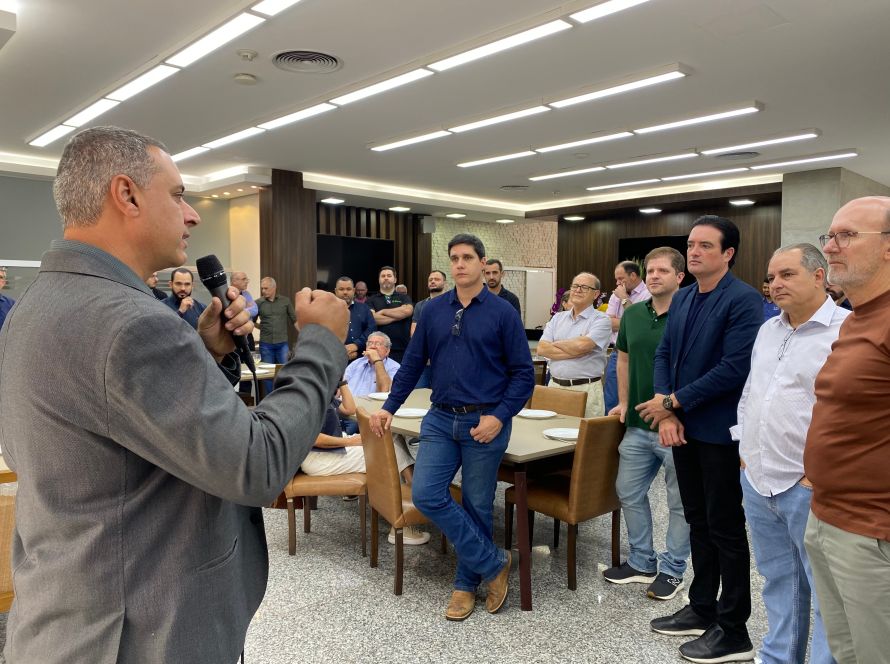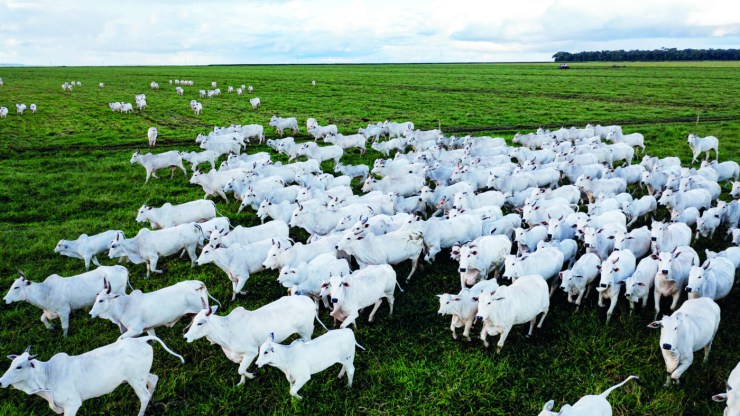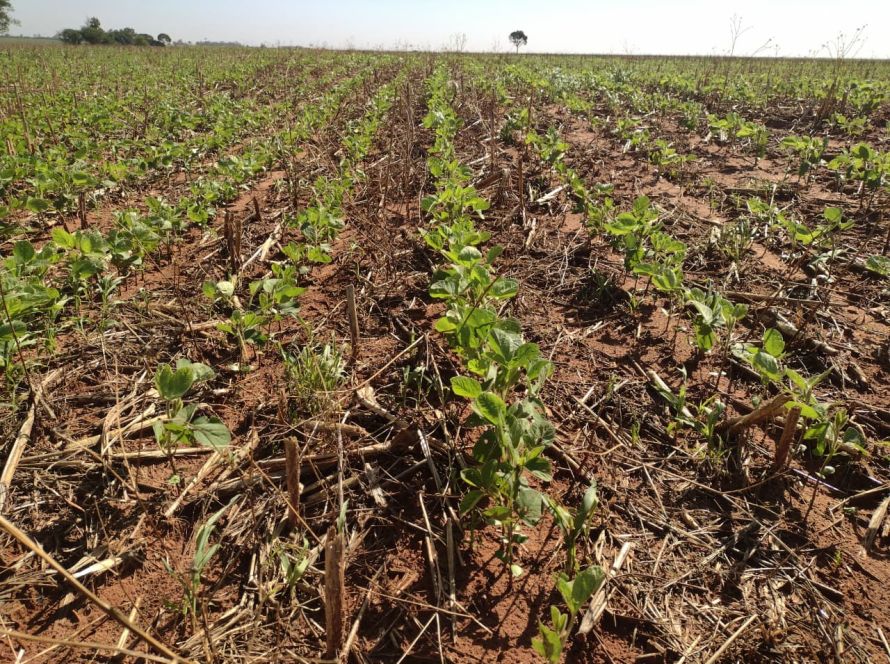The United States' decision to impose an additional 50% tariff on Brazilian products is already having a tangible impact on the meat supply chain. In Mato Grosso do Sul, four meatpacking plants operating in foreign trade—JBS, Minerva Foods, Naturafrig, and Agroindustrial Iguatemi—have suspended production exclusively for the American market. Production for the domestic market and other destinations continues as normal.

Photos: Disclosure/OPR Archive
According to the State Cold Cuts, Meat, and Derivatives Industry Union (Sincadems), the strike is both preventative and strategic. The union's vice president, Alberto Sérgio Capucci, explains that shipments take about 30 days to reach the United States, meaning that shipments sent now would already arrive at their destination with the new tariff in effect, scheduled for August 1st. "Producing at this time poses a risk of commercial unfeasibility. Companies are adjusting to avoid losses on inventories that would otherwise have no viable financial outlet," he notes.
Capucci emphasizes that the measure doesn't compromise the entire operations of the industries, but it does require a readjustment of flows. "If there is no negotiation or reversal of this tariff, companies must redirect their efforts to markets with more favorable conditions," he states.
According to Jaime Verruck, Secretary of Environment, Economic Development, Science, Technology, and Innovation of Mato Grosso do Sul, the concern now turns to the accumulation of stocks and the reallocation of production. "There is a volume of meat already stored that should be exported to the American market, but it won't arrive in time for the tariff to go into effect on August 1st. As a result, meatpacking plants are adjusting their production scales and seeking alternatives to redirect these products," explains Verruck.
He also highlights that part of this meat could be destined for other markets with absorption potential, such as Chile and Egypt, which emerge as viable options to compensate for losses in the North American market.
 Among the meatpacking plants mentioned, only Naturafrig has publicly commented. In a statement, it reported that approximately 5% of its production is destined for the United States and that the suspension affects only that volume.
Among the meatpacking plants mentioned, only Naturafrig has publicly commented. In a statement, it reported that approximately 5% of its production is destined for the United States and that the suspension affects only that volume.
Second main destination
The United States is currently the second-largest destination for Mato Grosso do Sul's beef exports, behind only China. In 2025, frozen boneless beef accounted for 45.21 TP4T of the state's exports to the North American market, generating revenue exceeding US$1.5T 142 million, according to data from the Federation of Industries of Mato Grosso do Sul (FIEMS). The previous year, this figure was 27.81 TP4T, generating approximately US$1.5T 78 million.
The strong presence of the American market in the state's foreign sales increases the pressure for a quick solution. Brazilian production sectors and authorities are evaluating diplomatic and trade measures to try to reverse or mitigate the effects of the tariff imposed by the Trump administration.
Meanwhile, industries are looking for alternatives to maintain production rates without compromising margins and

Photo: Shutterstock
stocks, while observing the developments in the political and commercial scenario between the two countries.
Significant reduction in production flow






